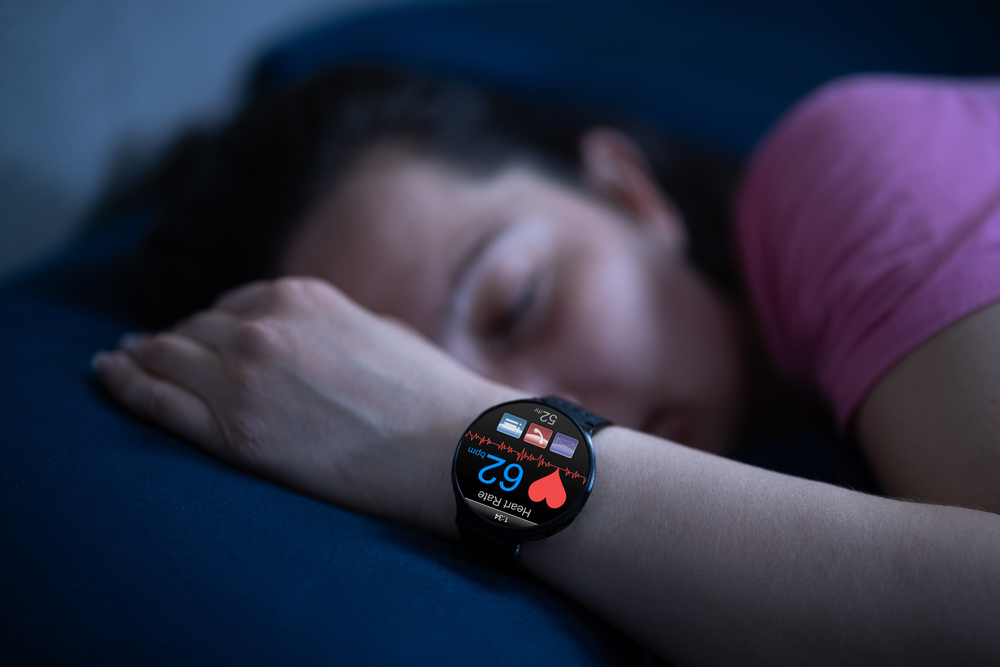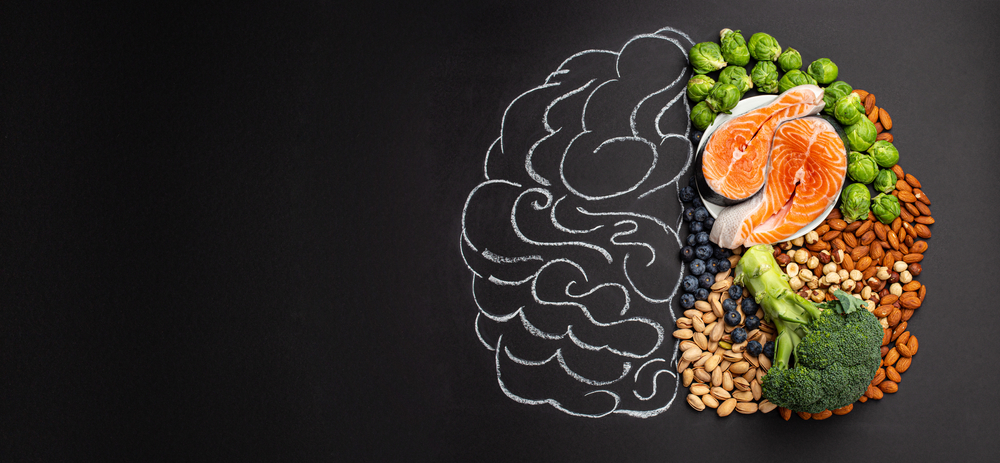PhD student Auke Verkaar (Human Nutrition & Health) studies the link between food and sleep. She published new research results earlier this month.
‘Some foods are known to influence our sleep’, Verkaar states. ‘Consider, for example, alcohol. Alcohol shortens the amount of time we need to fall asleep but negatively impacts sleep quality in the second half of the night. Foods rich in tryptophan, an amino acid that produces the sleep hormone melatonin, appear to have a positive impact on our sleep. In reality, however, we don’t eat individual foods but combinations in a dietary pattern. Hence, we study the link between diet and sleep.’
Objective data
Verkaar was given access to a large amount of data obtained through a long-term study conducted at the Erasmus MC, containing, among other things, questionnaires and sleep data. For each test subject, she calculated five scores that indicate to what degree their diet matches the five dietary patterns she wanted to analyse: ‘One diet according to the Dutch nutrition guidelines, the Mediterranean diet, a mostly healthy diet, and unhealthy diet, and a traditional Dutch diet, consisting of a high intake of potatoes, cheese and red or processed meat.’
‘For this study, we had access to objective sleep data where a motion sensor was used to measure sleep’, Verkaar says. ‘In comparable studies, researchers only measured the quality of sleep using subjective methods, such as questionnaires.’ Verkaar hoped to discover a link between a healthy eating pattern and higher sleep quality (less time spent awake, longer periods of sleep, better quality of sleep).
Lacking proof
‘Unfortunately, we did not find irrefutable evidence. We conclude that there is no link between diet and these results for sleep. There is no link between any of the eating patterns and sleeping patterns. Moreover, there was no difference between males and females or age categories’, Verkaar states. ‘Initially, I was a little disappointed with this result. However, publishing such an outcome is also important. Lack of proof is also valuable and can point out what direction to take in follow-up studies.’

 PhD student Auke Verkaar used motion sensors to obtain objective data on sleep. Photo Shutterstock
PhD student Auke Verkaar used motion sensors to obtain objective data on sleep. Photo Shutterstock 

